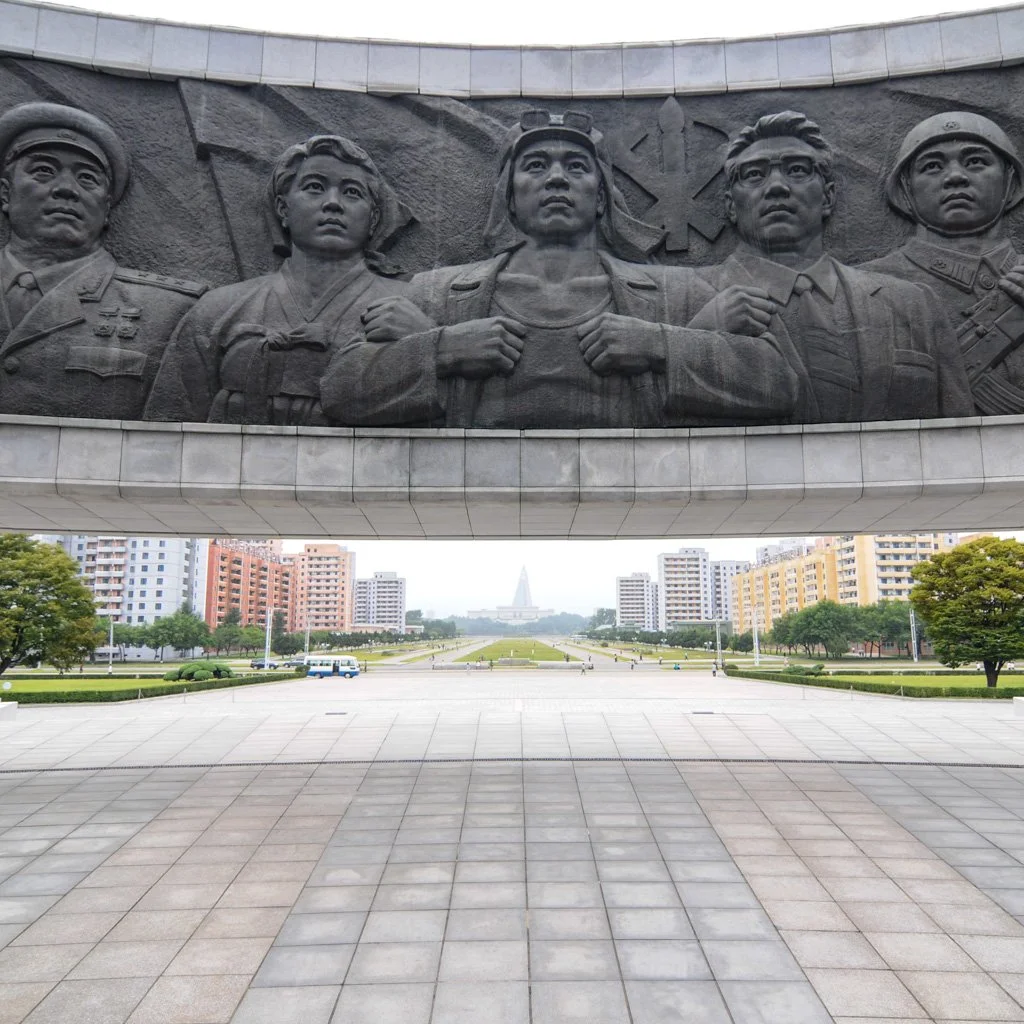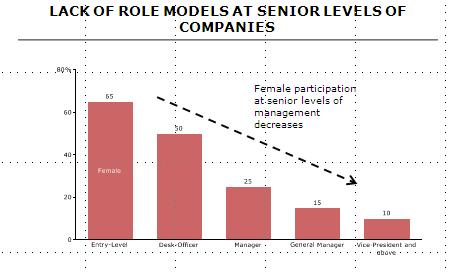South Korea-based analysts and even the conservative media seem to have caught “reform” fever. Analysts and the media (both South Korean and international) are rushing to point to signs of “economic reform” under the Kim Jong Un government. Even government-affiliated entities appear to be leaking news of business discussions with North Korea in previous years, which only makes the Lee administration in Seoul look more of a lame duck. DailyNK's Chris Green has written about how some of the those claims are based on rather shaky grounds. Knowing the people making those claims, I actually suspect that some of them are simply using bad data to paper over their true sources – contacts in North Korea that they have. Journalists have also picked up recent comments from North Korea's United Front Department (CPRK) denying that "reform and opening up" is happening in North Korea. I strongly recommend reading the statement by the North Koreans as the actual message is actually more ambiguous than the headlines would suggest for the following reasons:
1. It is issued by the United Front Department as a message specifically targeted at the current South Korean administration
2. Externally, the terms "reform and opening up" conflates political and economic reform especially when South Korea references the Myanmar example, and the North Korean statement is heavily focused on the political implications of the terms
3. North Korea claims that it already has an open policy and that any changes are really signs of continuity by claiming to put forth "new strategic and tactical policies in keeping with the changing and developing situation in each stage of revolution"
Different journalists and analysts craft different narratives on North Korea by cherry-picking North Korean party and government statements. It is easy to do so as their articles do not need to be subjected to reality checks from comparisons againsts actual situations or policies on the ground. People who would normally readily dismiss North Korean policy statements as mendacious propaganda or smokescreens readily pick out any small sign that proves that North Korea is either reforming or not reforming from the same set of statements that they otherwise normally dismiss.
Going back to the statement, there are several ways to parse the meaning of this announcement. It should be taken in the context of actual economic policy shifts and North-South political tussles and reasons need not be mutually exclusive. North Korea wants to be able to claim a system that is ideologically different from South Korea and China. It also does not want to be seen as a lesser "South Korea", which will be the case if its system is seen as a belated copy of South Korea. Given that there have been ongoing and significant focus on economic development and new policies associated with this focus, and that North Korea claims that they are simply adapting to changing circumstances, the message appears to be that any new policies should be seen as being rooted in past precedents. North Korea also wants you to know that regardless of what changes, their system should be seen as being unique. Note that this does not necessarily mean that policies will be the same as before.
Looking at the economic policies taken by North Korea over the past year and this year and the general public message the government is sending, I believe that changes on the economic front is happening, although with several caveats and at what will be for the moment a frustratingly slow pace. Since early last year, there have been many policy initiatives that indicate a different economic direction. While “reform” is still not openly discussed in Pyongyang, the key phrase used in North Korea is “improvements (개선)” which provides some ideological cover for experimenting with "innovative" economic methods. At the same time, this allows the ruling elites to dismiss challenges to the political foundation of North Korea by claiming that nothing has changed at a fundamental level. Just next door, people forget that China still lays claim to a socialist system even though it has a system that is vastly different to the one that existed in the 1970s. Statements following the Mickey Mouse concert in Pyongyang emphasized two messages: its ok to import some foreign ideas but they should be made indigenous by making Korean adaptations to it. Of course, what those adaptations really should look like could mean any number of things.
My key questions going forward is (a) will new economic approaches be effective and (b) can it be reversed? Underlying these two questions is the constant trade-off between control and the openness needed to attract investments, and the institutional capacity North Korea has to execute on its chosen economic strategy.





